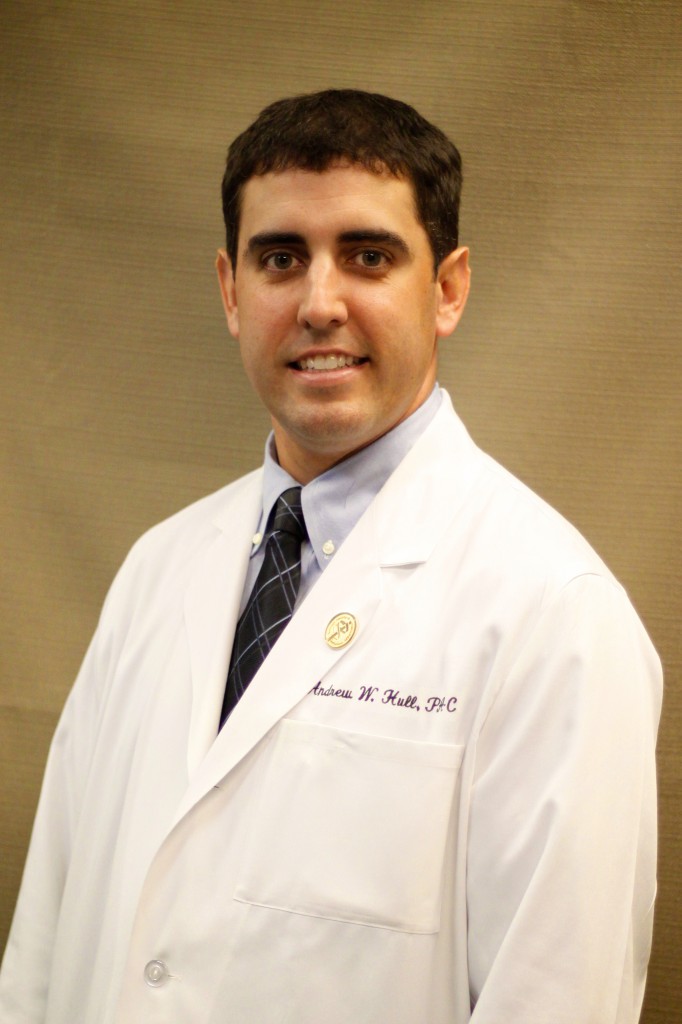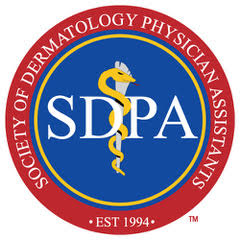
Andrew Hull, PA-C
Johnson City, Tennessee 37604
About Andrew Hull, PA-C
Andrew Hull joined the staff of Tri-Cities Skin and Cancer in March of 2009. Prior to that, he spent four years working as a physician assistant in family practice and gained additional experience in some of the local emergency rooms in the Tri-Cities. Mr. Hull graduated with a Bachelor of Science in biology from Milligan College.
He is originally from Johnson City where he has spent most of his life, leaving only to attend PA school at South University in Savannah, GA where he received his Masters of Science in Physician Assistant Studies.
Mr. Hull is NCCPA certified. He is a member of the American Academy of Physician Assistants, the Tennessee Academy of Physician Assistants, and the Society of Dermatology Physician Assistants.
Mr. Hull was trained in Dermatology by the Physician Staff of Tri-Cities Skin & Cancer.
Patient Education Resources
Yes, you can switch biologic medications for psoriasis if one is not working effectively. Biologic medications are a class of drugs that target specific parts of the immune system that are involved in...
Click on the product image below to access medication savings or patient support programs from the manufacturer. In some cases, a form must be submitted along with proof of having purchased the med...
Atopic dermatitis, also known as eczema, is a chronic, inflammatory skin condition that causes dry, itchy, and scaly skin. The condition is characterized by symptoms such as:Dry, itchy skin: The skin ...
Treatment for nail fungus (onychomycosis) can be challenging, as the fungus can be difficult to eliminate and may recur. Treatment options include:Topical antifungal medication: Over-the-counter antif...
Treatment for psoriasis on the scalp typically involves a combination of topical and systemic therapies.Topical treatments include:Shampoos containing salicylic acid, coal tar, or sulfur, which can he...
Tri-Cities Skin & Cancer

Call us at Johnson City Office Phone Number 423-929-7546.
Dermatology Johnson City TN
• Medical Conditions
• Skin Cancer
• Actinic Keratosis
• Basal Cell Carcinoma
• Dysplastic Nevus
• Malignant Melanoma
• Squamous Cell Carcinoma
The primary cause of skin cancer is ultraviolet radiation—most often from the sun, but also from artificial sources like sunlamps and tanning booths. In fact, researchers believe that our quest for the perfect tan, an increase in outdoor activities, and perhaps the thinning of the earth’s protective ozone layer are behind the alarming rise we’re now seeing in skin cancers.
